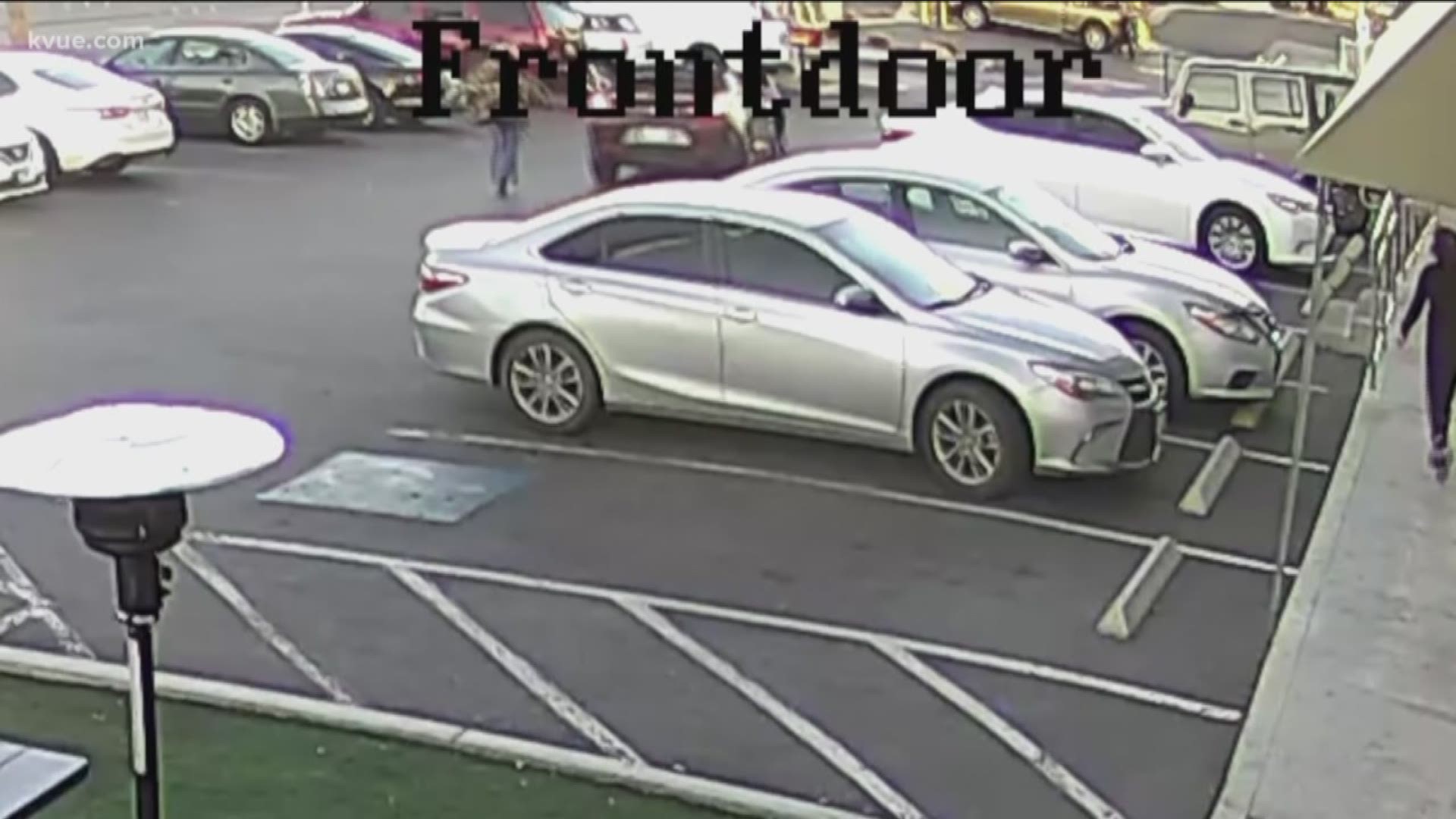For immigrants and naturalized citizens, something as simple as a Facebook “like” on the wrong post could spell trouble with Homeland Security or end with them being turned away at the border.
According to legal and privacy experts, a Department of Homeland Security policy made public on Sept. 18 could send the country into uncharted territory when it comes to immigration protocol by targeting permanent residents and naturalized citizens for their online activities.
The policy, published as a notice on the Federal Register, expands the categories of records kept on file for permanent U.S. residents and naturalized citizens to include “social media handles, aliases, associated identifiable information and search results” but did not spell out how the information would be collected.
Susan Reed, managing attorney at the Michigan Immigrant Rights Center, said most of the immigration trouble related to social media happens at the border and that this policy seems more to do with ongoing monitoring of noncitizens and former noncitizens.
“That actually is totally shocking to me that naturalized citizens simply by virtue of having become citizens through naturalization — and not for any other reason — would be subject to ongoing monitoring or scrutiny,” Reed said. “Because to me that is very clearly national origin discrimination. People should be treated the same once they become citizens regardless of how they became citizens. Like that’s what it means to become a citizen, right?”
Manuela Blankinship, 44, a Dearborn resident who emigrated from Germany in 1997 and was naturalized in April, said she was angry and shocked upon hearing the news of Homeland Security’s policy.
Blankinship said that being from Germany, the idea of forming any kind of subgroup of people is a major concern and set off “warning bells” for her.
“The one thing I had an issue with was creating a two-class society,” Blankinship said. “Either you are a citizen or you’re not a citizen. You can’t say, ‘Oh you’re a citizen but you’re an immigrant citizen so you don’t really count as much as the U.S.-born citizens.”
The Department of Homeland Security stated in an e-mail that the policy is nothing new and that it dates to 2012.
“DHS, in its law-enforcement and immigration-process capacity, has and continues to monitor publicly available social media to protect the homeland,” Homeland Security spokeswoman Joanne Talbot wrote in an e-mail. “In an effort to be transparent, to comply with existing regulations, and due to updates in the electronic immigration system, DHS decided to update its corresponding Privacy Act system of records.”
DHS published the notice in the Federal Register to comply with the “administrative requirements of the Privacy Act to help address these requirements, not launch a new policy initiative,” according to the agency statement. The notice is open for public comment until Oct. 18.
Nuala O’Connor, director of the Washington, D.C.-based Center for Democracy & Technology, said that she is deeply concerned about the scope of inquiry given the Trump administration’s actions on immigration and that it’s uncertain how the policy will play out in practice.
In his first nine months in the Oval Office, Donald Trump has issued three versions of a travel ban executive order, the latest version of which would bar entry to the U.S. for citizens from six Muslim-majority countries and North Korea and Venezuela, and announced that he would rescind the Deferred Action for Childhood Arrivals memorandum, a temporary measure established by former President Barack Obama's administration in 2012 to stop the deportation of eligible children of undocumented immigrants.
O’Connor, who is a naturalized U.S. citizen from the United Kingdom and served as the first Chief Privacy Officer at the Department of Homeland Security in the George W. Bush administration, said she finds the inclusion of naturalized citizens surprising.
“Heretofore I did not believe that being a naturalized citizen made me a second-class citizen of this country. And I find that, on its face, separate and apart from the categories of data, to be concerning,” O’Connor said.
O’Connor fears that the policy could have a chilling effect on speech, travel and immigration from certain countries and online spaces.
O’Connor said the policy “flies in the face of what we believe is the best and highest use of Internet communications to bring people together, to allow people to speak anonymously when necessary, when they feel like it is essential to their personal safety and security when speaking out against the government, whether our government or other governments.”
Reed of the Michigan Immigrant Rights Center said that she’s seen a “ratcheting up” of social media information being used at the border, a place where she said an individual’s civil rights are weak and the right to appeal a denial of entry can be limited.
“If you’re crossing the border with a phone in your pocket, they’re going to have you open up your phone. And they’re going to have you open up those apps that are already preloaded and have messages and full access to posts and all of your handles, kind of queued up right there in the phone,” Reed said.
That’s why she advises individuals to travel without their real phone when crossing the border and to use a prepaid cell phone instead. She also counsels to delete all applications from a phone when traveling.
Ahmad Abuznaid, the director of the National Network for Arab American Communities in Dearborn, said that social media is central to activism and organizing, and that the policy is designed to put fear and shock in the community.
"We know that that’s possibly one of the main goals of this tactic, is to get us to be silent, in addition to gaining information on members," Abuznaid said. "So I think we just need to be strategic. There are certain things we’re going to advise our folks not to publicize on social media and others we’ll continue to tell them to do so, and to do so unapologetically."
►Make it easy to keep up to date with more stories like this. Download the WZZM 13 app now.
Have a news tip? Email news@wzzm13.com, visit our Facebook page or Twitter.


